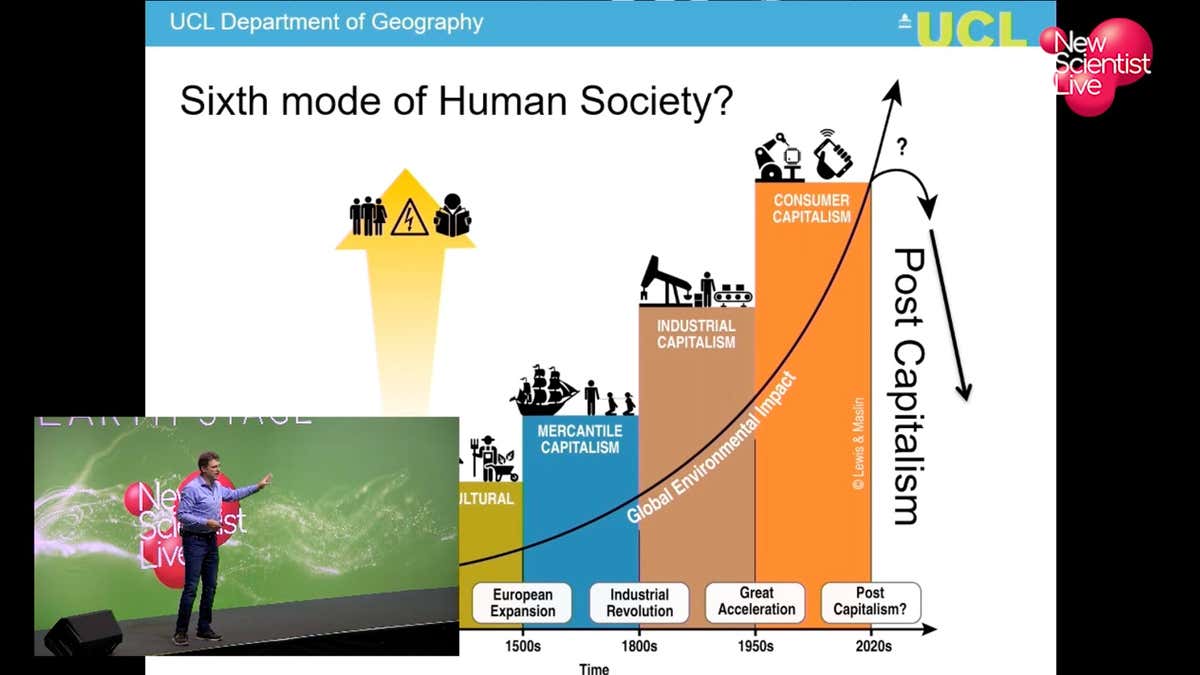As humanity navigates through the complexities of the 21st century, the discussion surrounding the Anthropocene epoch has gained significant traction, fomenting new debates in the realms of science, philosophy, and cultural studies. The Anthropocene is often characterized as a geological age defined by human activity that has indelibly altered the Earth’s systems. This essay explores the premise of the Anthropocene from a cultural relativism perspective, positing that understanding human impact must also entail an appreciation for the diverse worldviews that shape our interaction with the environment.
The concept of the Anthropocene emerged as a response to the observable effects of industrialization and technological advancement on the Earth’s ecosystems. The term encapsulates the recognition that human ingenuity and industrial habits have contributed to profound changes in geology, atmospherics, and biodiversity. From the widespread implementation of fossil fuels to the marked depletion of natural resources, the Anthropocene delineates a clear departure from previous geological epochs primarily dominated by natural forces.
In this context, cultural relativism offers a critical framework through which we may examine the intricacies of human impact. Cultural relativism posits that a person’s beliefs and practices must be understood based on that individual’s own cultural context. As we analyze the Anthropocene, it becomes evident that different cultures perceive their relationship with the environment through varied lenses, leading to divergent ethical conclusions regarding sustainability and ecological stewardship.
For instance, Indigenous perspectives often embody a holistic connection with nature that contrasts sharply with the more exploitative tendencies seen in industrialized societies. The reverence for the land, expressed through countless rituals and practices, fosters a relationship predicated on balance and reciprocity. This ethos raises pertinent questions about the inherent disconnect present in contemporary civilization—where advancements in technology and urban expansion frequently supersede the natural world’s sanctity.
The collision of these divergent worldviews invites an intriguing inquiry: Can the lessons of Indigenous knowledge systems inform a more sustainable paradigm in the Anthropocene? As global leaders grapple with climate change, the integration of culturally relativistic approaches challenges the universalist notions often propagated in environmental policy-making. It emphasizes that ecological resolutions should transcend mere technical solutions, encompassing the rich tapestry of human cultures that define our world.
Moreover, the Anthropocene narrative is rife with apocalyptic warnings that center around environmental degradation and species extinction. Yet, an exploration of cultural responses to these challenges reveals a spectrum of resilience, adaptation, and even innovation. Some communities have initiated localized movements to combat climate change, encompassing environmentally friendly practices that stem from traditional ecological knowledge. This interplay exemplifies how cultural relativity can foster pragmatic solutions that simultaneously address local necessities and global imperatives.
Furthermore, the advent of the Anthropocene has precipitated philosophical re-evaluations regarding humanity’s role in the natural order. The anthropocentric view, which places humans at the apex of existence, has come under scrutiny as the implications of our actions become increasingly dire. The expansion of ecocritical thought encourages a departure from this hierarchical understanding, advocating for an inclusive recognition that all life forms possess intrinsic value. This reframing beckons societies to contemplate their interconnectedness within the web of life, thus reshaping our ethical responsibilities toward the planet.
What emerges is a compelling call for dialogue across cultures and disciplines. A multidisciplinary approach, integrating anthropology, environmental science, and ethics, enriches our comprehension of the Anthropocene. Scholars assert that listening to diverse voices can unveil transformative insights that may invigorate efforts towards environmental sustainability. The plurality of perspectives serves to illuminate the complexities of human-nature relationships, contending that solutions must be as diverse as the cultures that inhabit this Earth.
In addressing the Anthropocene’s implications, one must also contend with the socio-economic disparities that exacerbate ecological crises. The narratives surrounding environmental degradation are often biased, reflecting the experiences of particular geographic regions or socioeconomic classes. Marginalized communities frequently bear the brunt of ecological catastrophes, despite contributing the least to global environmental problems. Cultural relativism invites an interrogation of these inequities, urging the global community to transcend a one-size-fits-all approach to climate action and policy.
Additionally, global cooperation is imperative in navigating the era of the Anthropocene. However, the efficacy of such collaboration hinges on our willingness to engage with cultural relativism. Understanding that cultural practices inform the ways communities approach environmental issues could lead to more effective partnerships. When nations confront challenges like deforestation, pollution, or rising sea levels, they must appreciate the cultural significance attributed to land and resources, which can foster more equitable and culturally sensitive solutions.
As we stand at the precipice of unprecedented environmental change, reckoning with the philosophical ramifications of the Anthropocene through a cultural relativism lens grants new vision. It enables a reevaluation of what it means to be stewards of the Earth, inviting a profound curiosity about how we can engage with diverse cultures to cultivate lasting ecological respect. In contemplating the Anthropocene, one must embrace the multiplicity of human experience, recognizing that our ultimate survival may very well depend on honoring the rich interplay of traditions, values, and knowledge within the broader human narrative.
To navigate this epoch of unparalleled significance, society must engage with not only the scientific and technical dimensions of human impact but also the diverse cultural perspectives that shape our understanding of and relationship to the environment. Only through such integrative approaches can we hope to forge a sustainable future on a planet reshaped by our very existence.
